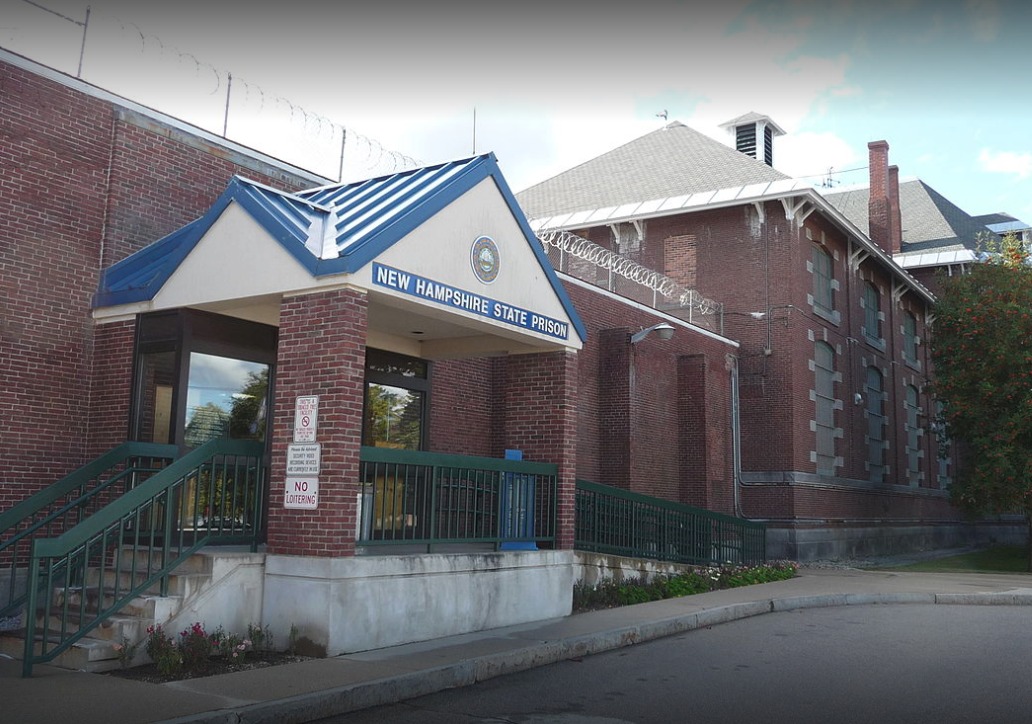
Story Produced by Concord Monitor, a Member of

CONCORD, NH – The New Hampshire Department of Corrections is asking probation parole officers to work shifts inside the New Hampshire state prison as it announces new hiring initiatives to fill vacant positions.
On April 13, Director of Field Services Robert Oxley informed probation parole officers that the agency was looking for volunteers to work one day shift every five weeks at the men’s prison in Concord in place of their regular shift. If there were not enough volunteers, working in the prison would become mandatory, the officers were told.
Union officials representing parole probation officers called the requirement a departure from past policy, which allowed for voluntary prison shifts, but Department of Corrections Public Information Officer Richelle Angeli disputed that the order represented a change.
“There is no new policy,” Angeli wrote in an email to the Monitor. “NH RSA 21-H:8 authorizes the Commissioner of the Department of Corrections to make operational decisions to ensure the department meets its mission and fulfills statutory requirements. The department achieves its best results when working together, as one team, in pursuit of our missions, and everyone’s efforts to support staffing across the department is appreciated,” she wrote.
Angeli added that probation parole officers have worked shifts at the men’s prison for more than a decade after former Commissioner William Wren authorized the practice.
Probation is the legal status of someone who is convicted of a crime, but released back into the community for supervision, while parole is when a person convicted of a felony and sentenced to the New Hampshire State Prison is released by the parole board.
Probation parole officers spend their days checking in with people under supervision, investigating parole plans, testifying in court, and conducting home visits. There are currently 66 probation parole officers and 11 chief probation parole officers.
Many probation parole officers begin their careers in corrections before working with probationers and parolees. Police Standards and Training Council Director John Scippa said that all probation parole officers must go through the corrections officers academy and become certified as corrections officers.
In January, members of the New Hampshire National Guard began working at the Concord men’s prison to relieve staffing shortages. Those troops left the prison in the second week of March, according to Lt. Col. Greg Heilshorn, director of public affairs for the New Hampshire National Guard.
Nearly a dozen prison employees were placed on administrative leave in February when the New Hampshire Attorney General’s Office began investigating prison staff in connection with a 2021 use-of-force incident against a male prisoner.
Of the 14 prison employees named in a letter from the NH Attorney General, three had either retired or moved to a different department before February. Nine employees remain on administrative leave, while two have returned to work, according to Angeli.
This week, the Department of Corrections announced it was launching a new jobs website, social media campaign and radio advertising initiative to fill jobs in Concord and Berlin. The vacant positions include corrections officers, chefs and cooks, nurses, counselors, teachers and logistics and administrative staff, according to an April 20 press release.
The presidents of the two unions that represent probation and parole officers and their chiefs say they are examining whether the new requirement violates the terms of officers’ collective bargaining agreements.
Seifu Ragassa is president of the New Hampshire Probation and Parole Officers Association Command Staff Union, which represents chief probation parole officers. Frank Swirko is president of the New Hampshire Probation and Parole Officers Association.
“Both unions are actively investigating the origins of this decision, the reason behind it, whether or not the collective bargaining agreement violations are there, whether or not there are safety concerns, whether or not there are other labor-related matters in this decision,” Ragassa said.
Both Ragassa and Swirko said their members were unhappy with the order and how it was communicated.
“We did not appreciate the way it was delivered, the manner in which was delivered and the timing in which it was delivered,” Ragassa said. “You don’t call us on Wednesday afternoon and tell us you need people for Friday.”
 These articles are being shared by partners in The Granite State News Collaborative. For more information visit collaborativenh.org.
These articles are being shared by partners in The Granite State News Collaborative. For more information visit collaborativenh.org.







